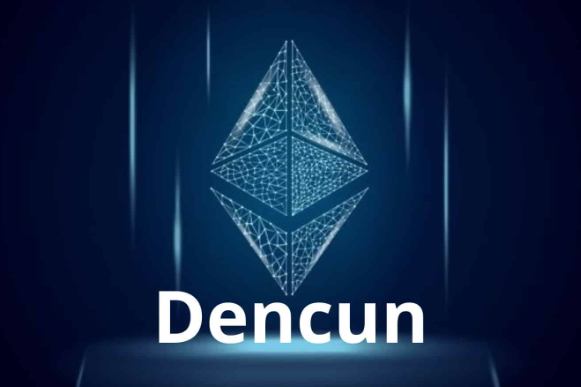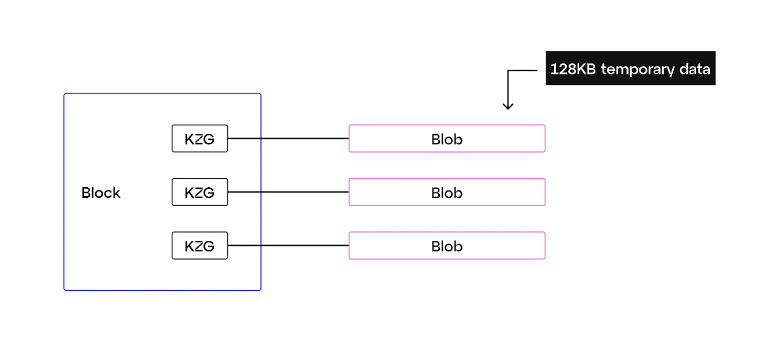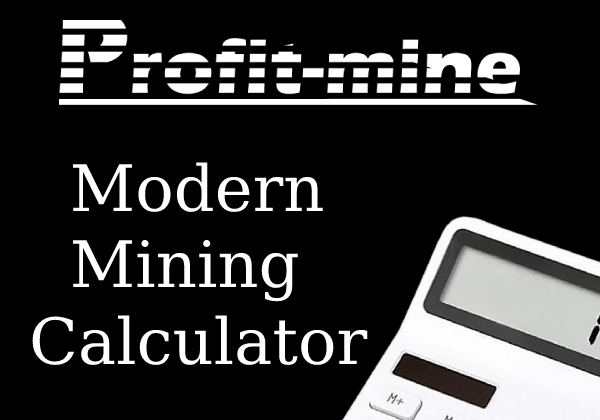 On March 13, 2024, at epoch 269568 in the Ethereum blockchain, a hard fork named Deneb-Cancun or simply Dencun will take place. This upgrade is primarily aimed at enhancing security, optimizing gas expenditures, and improving network scalability. Some even speculate that with the implementation of Dencun, we will transition into the era of DeFi 2.0.
On March 13, 2024, at epoch 269568 in the Ethereum blockchain, a hard fork named Deneb-Cancun or simply Dencun will take place. This upgrade is primarily aimed at enhancing security, optimizing gas expenditures, and improving network scalability. Some even speculate that with the implementation of Dencun, we will transition into the era of DeFi 2.0.
В первую очередь хардфорк Dencun это очередной шаг к увеличению скорости транзакций до 100.000 TPS, поэтому параметру Ethereum сможет конкурировать с самыми быстрыми блокчейнами на сегодня (TON, Solana). Т.к. именно небольшое
Primarily, the Dencun hard fork is another step towards increasing transaction speed to 100,000 TPS, enabling Ethereum to compete with the fastest blockchains today (TON, Solana). This is crucial as the relatively low number of transactions per second is a major point of criticism against Ethereum. With the increase in transaction volume, gas costs for smart contracts of various levels will also decrease.
A total of 8 Ethereum Improvement Proposals (EIPs) will be implemented:
EIP-7044: Perpetual Signature for Voluntary Validator Exit
Makes signatures for validator exits perpetual.
EIP-7045: Extension of Attestation Submission Period
Extends the attestation submission window for a block from one epoch to two.
EIP-7514: Validator Entry Restrictions
Reduces the number of new validators appearing to 8 per epoch.
EIP-5656: Addition of MCOPY Command
MCOPY combines the MSTORE and MLOAD commands, reducing gas costs.
EIP-1153: Temporary Storage
Introduces temporary storage to optimize smart contracts (cleared after the first transaction).
EIP-6780: Rework of SELFDESTRUCT Command
The SELFDESTRUCT command will now only work within the transaction creating the smart contract.
EIP-4788: Consensus State Mapping in EVM
Allows information transfer from the execution layer to EVM, simplifying stacking and restacking.
EIP-4844: Proto Danksharding
Increases network throughput by introducing large binary objects (Blob). Each block can contain from 3 to 6 Blobs with transactions, and each Blob can be up to 128KB in size. Data from Blobs does not enter EVM and is stored in the Beacon Chain network for a limited time (18 days). Writing information to Blob will be much cheaper than to the main blockchain, potentially reducing transaction costs for L2 solutions (Arbitrum, ZKSync) by up to 100 times.

New Ethereum Validator Requirements:
After March 13, 20024, the requirements for validators regarding free space on SSD for storing large binary objects (Blob) are increased. By default, a validator stores BLOBs for 4096 epochs. If we consider the maximum network load where all BLOBs are occupied, up to 104GB of free space on SSD will be required. According to developers' estimates, in normal operation, BLOB space will occupy an additional 50 to 100GB.
Additionally, new flags for validator configuration have been introduced:
--blob-path: Location for storing Blob. Default is --data-dir=/path/to/storage.
--blob-retention-epochs: Blob retention time in epochs. It cannot be set lower than the default 4096, only increased.
Important: Update your validator to the latest versions soon and ensure there is at least 200GB of free space on your SSD.









